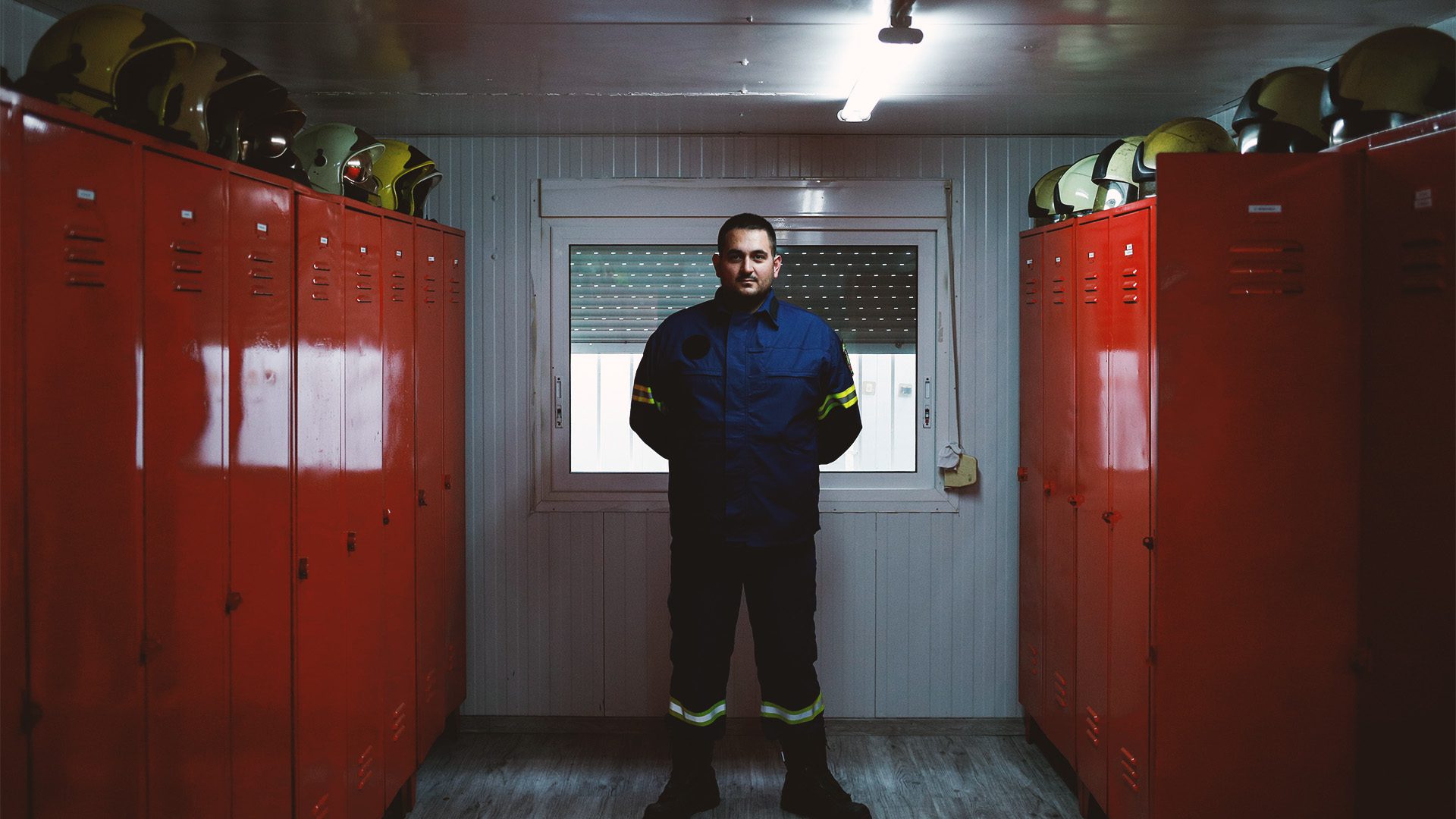From July 26th until now, the whole world has been absorbed by the Olympics, tracking medal counts, enjoying Olympic memes, and discussing what athletes have said and which records they’ve broken. Everyone’s also trying to figure out what exactly badminton with the little shuttlecock is and whether canoeing is the same as kayaking or the other way around. These two weeks every four years are rightfully dedicated to these kinds of questions and curiosities, with public television playing a significant role by broadcasting every sport from morning till night, including all the Greek competitors. I wish ERT could always be like this.
As a journalist focused on less popular sports, particularly amateur Olympic sports, I have mixed feelings about the end of the Games. On the one hand, I’m glad that athletes are finally getting the recognition they deserve and have the chance to share their thoughts with the public, even if it’s just for those 15 minutes (or rather, seconds) of fame, as Andy Warhol would say.
I know from experience, however, how fleeting all of this is and how when the Olympic hype fades, very few will actually care about what these kids will do next year, the conditions they train under, the other achievements they might reach, or whether they have hit their limits.
 What is fyi.news?
What is fyi.news?








